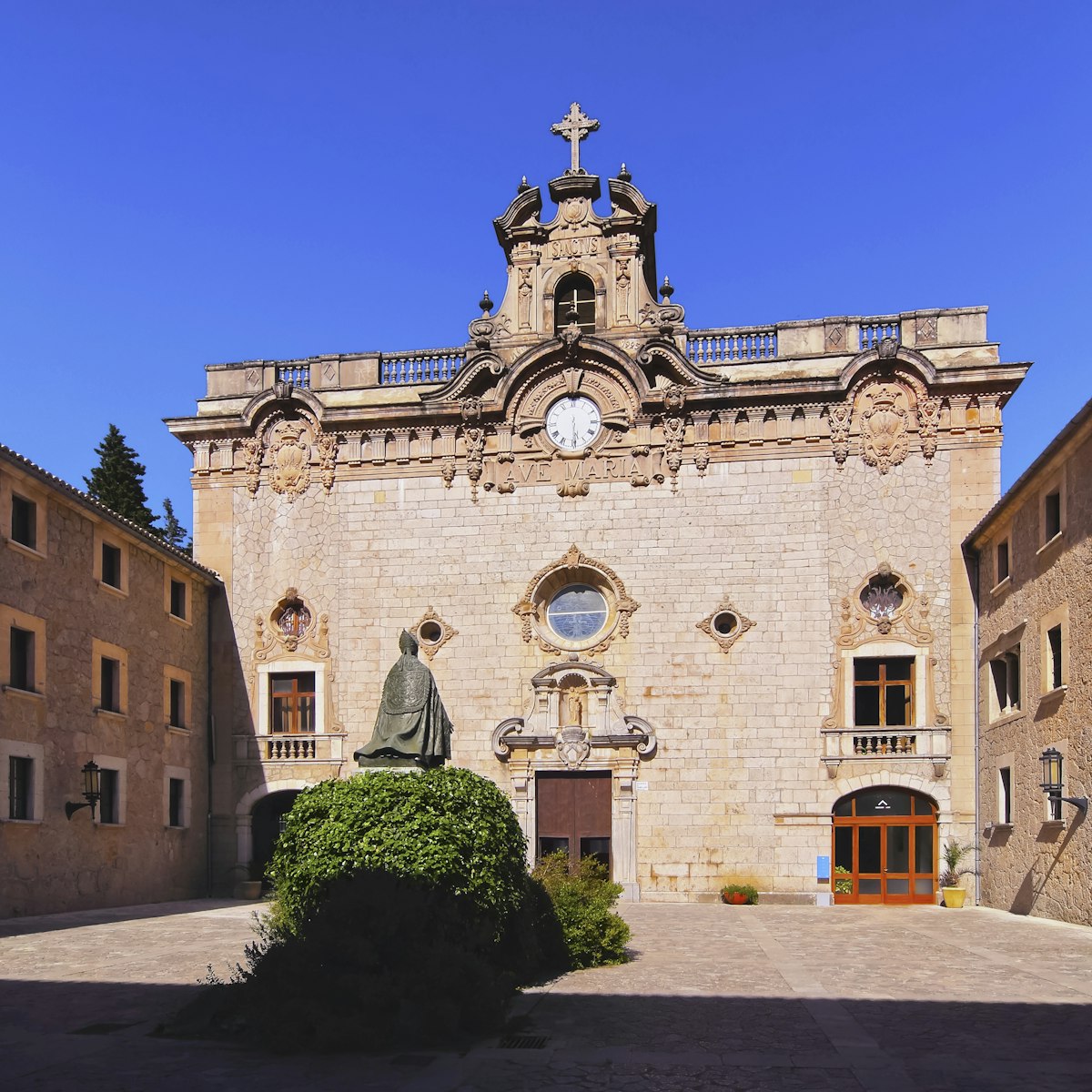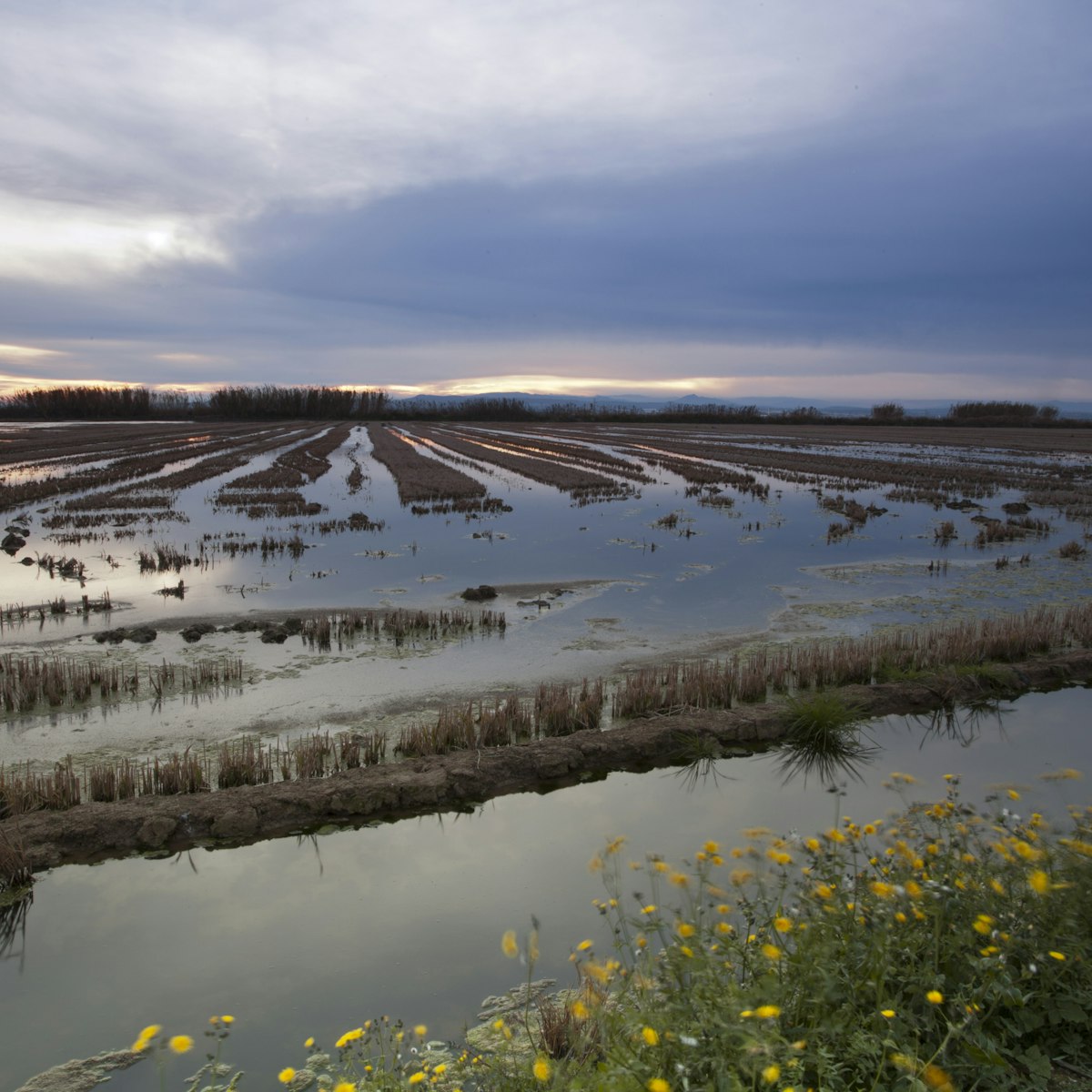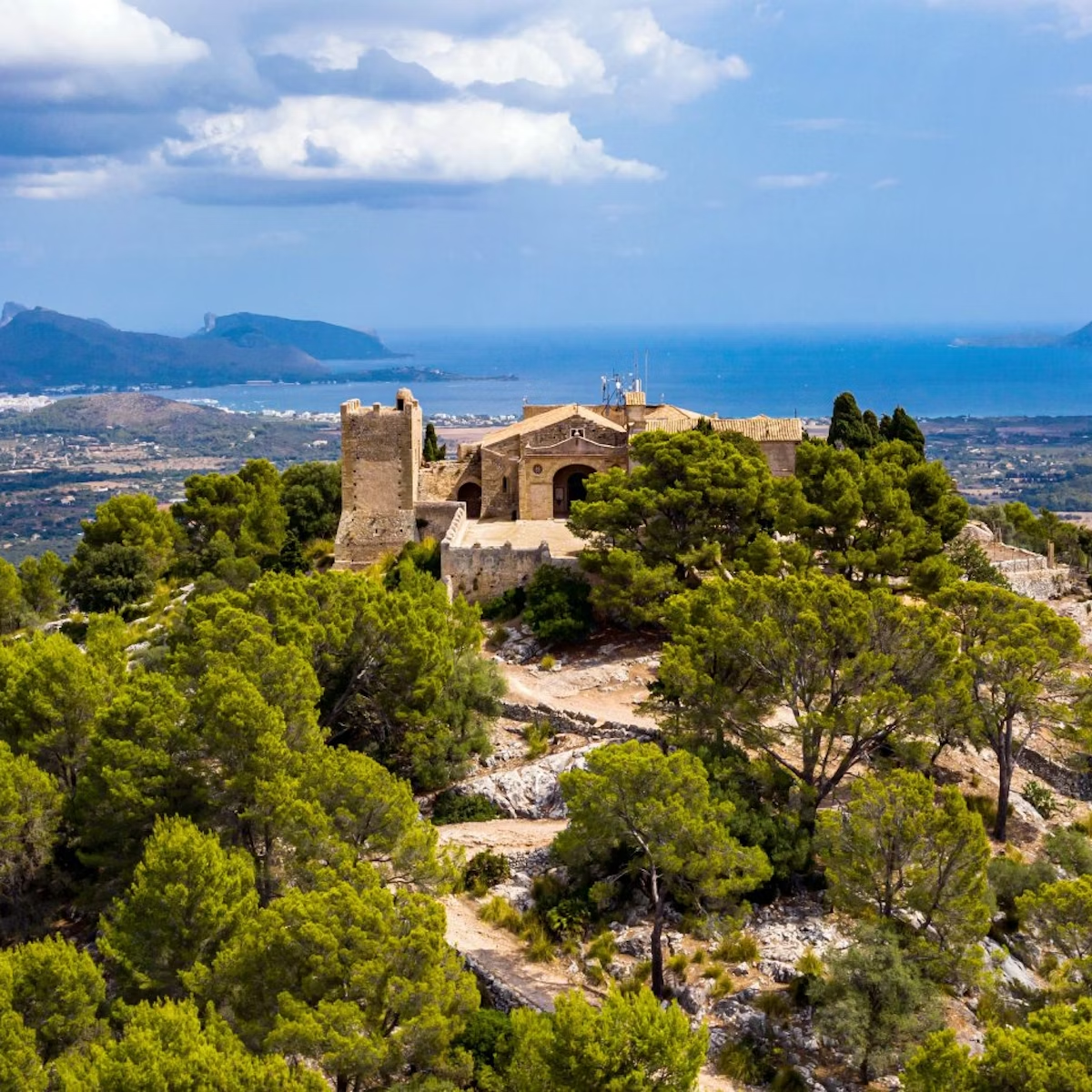This museum's star feature is the 17th-century baroque cloister of the Convent de Sant Domingo – a picture of tranquillity and poise – in which the museum is housed. At the entrance is a small collection of pottery, while upstairs awaits a superb collection of modern and contemporary art, where you can also find a bright Buddhist Kalachakra mandala created from coloured grains of sand, donated by the Dalai Lama to the town in 1990.
An explanation in English explains how the mandala was painstakingly created. Other exhibits include archaeological finds from the surrounding area and some Gothic altarpieces, housed in a separate room. Also part of the museum is the Església de la Mare de Déu del Roser.







